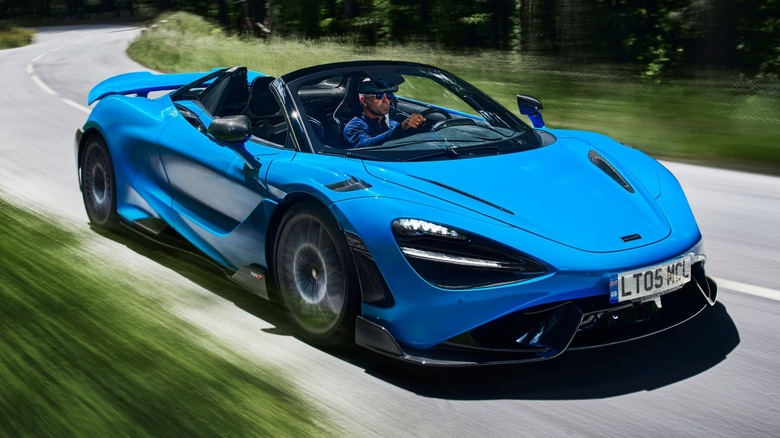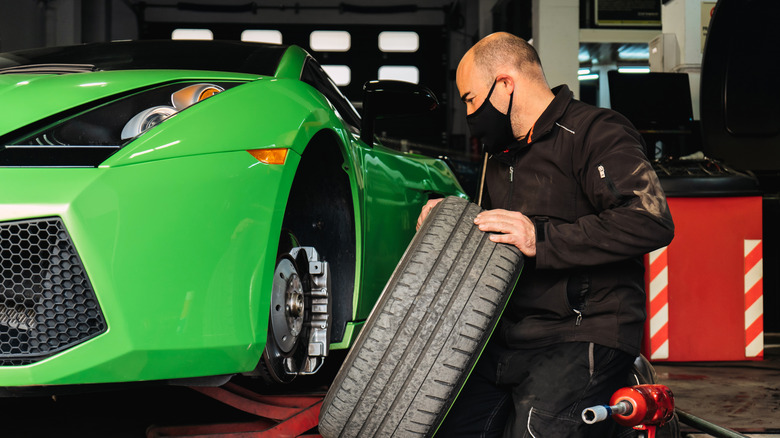How Do You Qualify For Exotic Car Insurance?
For drivers of exotic and collectible cars, getting the right insurance policy is arguably just as important as following the correct maintenance procedures or keeping the car in clean condition. In the event of a breakdown or accident, exotic car insurance policies offer a few key benefits that can help owners pay for the repairs they need. However, not every car qualifies for such a policy.
To qualify for most exotic insurance plans, you'll need to own a car that's more complicated or expensive to fix than the majority of other cars on the road. In many cases, insurers don't have a set list of makes and models that fit into that category, and so owners of rare or one-off cars might qualify for exotic car insurance even if their car isn't made by a typically exotic manufacturer. The best way to identify if your car qualifies for exotic insurance is to evaluate the extras included in an exotic policy and decide if your car would benefit from those extras. If it would, then there's a good chance it will qualify for specialist insurance.
Why pay for exotic car insurance?
One of the key differences between exotic and standard insurance policies is that exotic policies usually assign the car a set value when you first agree on coverage. This set value is the amount the insurer will pay out if the vehicle is written off, and won't be affected by depreciation. The car's value doesn't necessarily have to correspond to a standard insurer's book value either — instead, owners and insurers can agree on a set valuation based on each individual car.
Exotic car policies will often also cover the costs of importing parts from overseas, and if the car is an older exotic, can also account for any extra costs associated with finding rare original parts domestically or internationally. Some policies also let owners pick a mechanic of their choice. Paying for a specialist exotic policy can potentially save owners money compared to buying a comprehensive policy from a standard insurer, but there are extra restrictions that usually apply.
Is my car an exotic?
Most exotic policies will only cover drivers for certain journeys, like taking their cars to shows, weekend drives, and occasional day-to-day use. You'll usually need a standard insurance policy if you're looking to daily drive your Lamborghini or Porsche, even if it would otherwise qualify as an exotic. Another common stipulation is that the car must be considered an additional vehicle, with its owner having access to at least one other vehicle for commuting and general driving duties.
The exact guidelines for what constitutes an exotic vehicle will vary between providers. In general, though, the car needs to be exceptionally expensive to repair and highly unusual to see on the road. Rare imports, high-end supercars, or pristine classics can all potentially fit under that umbrella. So, if your car fits into any of those categories, it might be worth considering a specialist exotic insurance policy.


